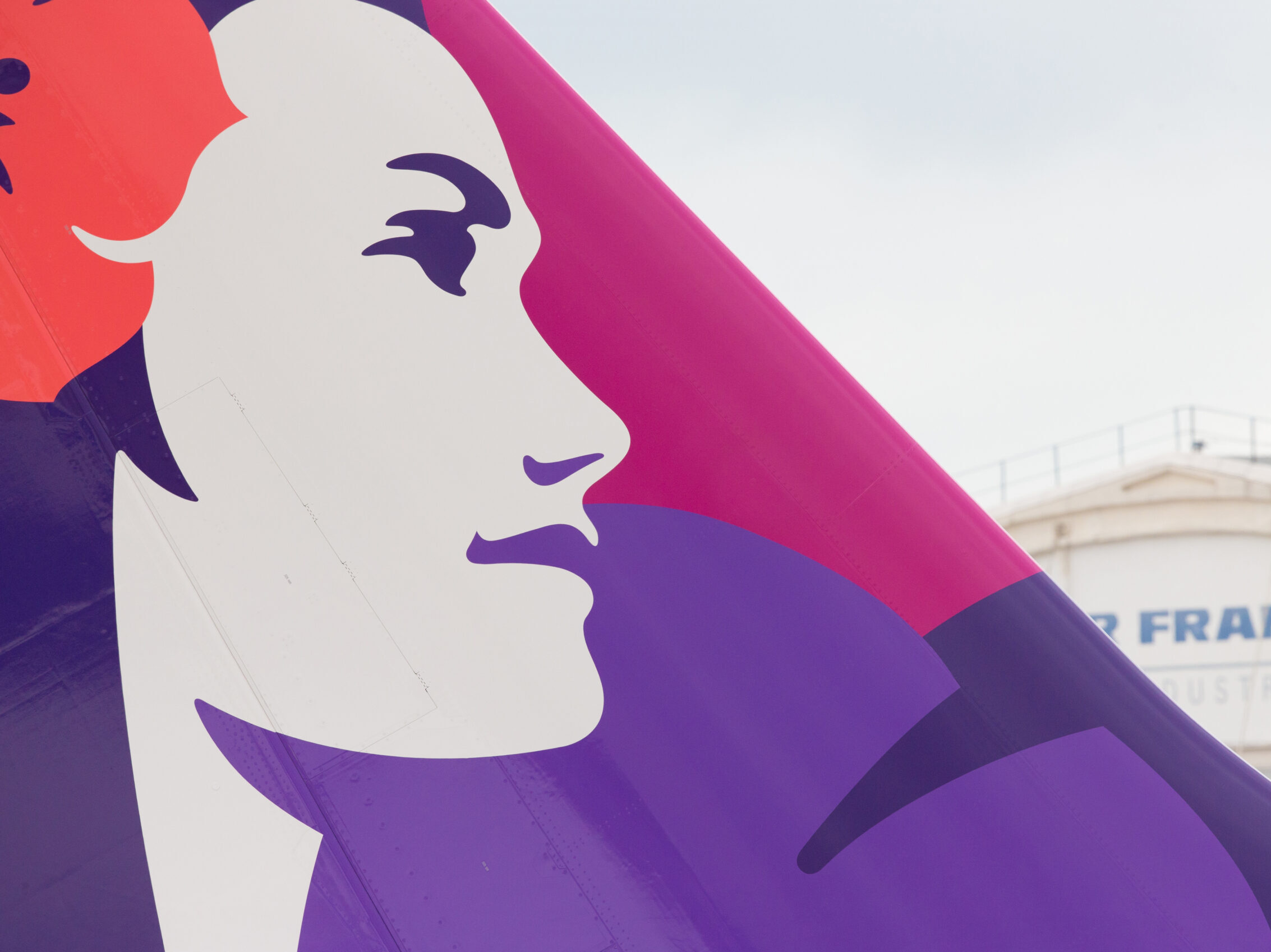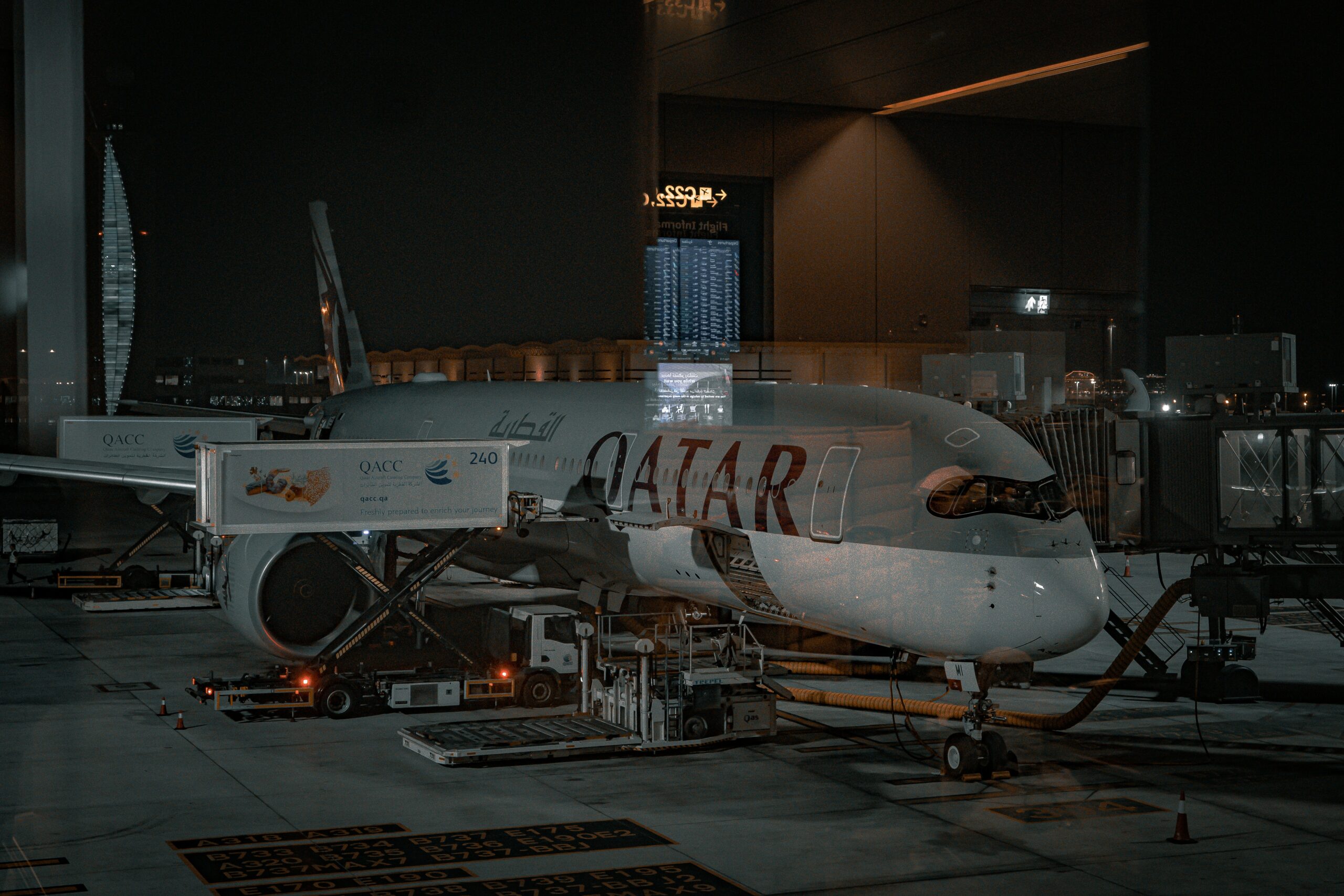Air Canada Strike: What to Expect as Flights Face a Full Stop
With strike negotiations deadlocked, Air Canada could halt operations—impacting thousands of passengers. Here’s what to expect if flights stop.
by Lauren Smith
August 13, 2025
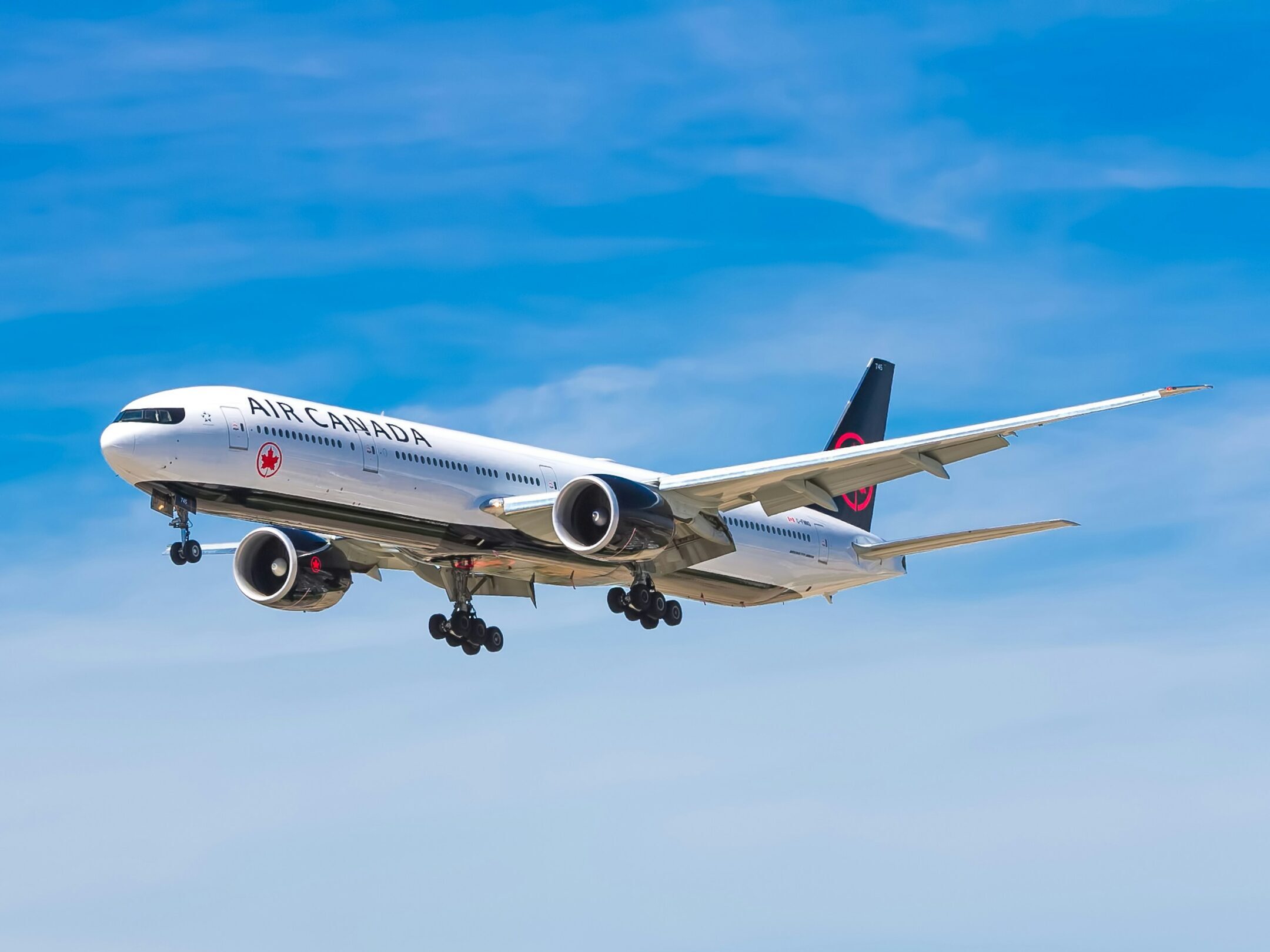
Photo: Courtesy of John McArthur / Unsplash
The union representing Air Canada flight attendants has issued a 72-hour strike notice due to pay disputes. In response, the airline announced a lockout, which will result in the cancellation of thousands of flights during the peak summer travel season.
“We regret the impact a disruption will have on our customers, our stakeholders, and the communities we serve,” Air Canada chief executive Michael Rousseau said in a statement.
Air Canada says that it is beginning a “phased wind down of most” of its flights over the next three days after the flight attendants union announced its intention to strike beginning 16 Aug. pic.twitter.com/rHOEgZvFmn
— Flightradar24 (@flightradar24) August 13, 2025
The cancellations are expected to impact 130,000 passengers each day, all of whom will be fully refunded.
Strike Notice Triggers Rapid Response
The Canadian Union of Public Employees (CUPE), representing approximately 10,000 cabin crew members at Air Canada and its low-cost subsidiary, Air Canada Rouge, notified the airline on Wednesday that its members are ready to go on strike at 1:00 AM on Saturday.
In response, Air Canada announced a lockout that will take effect at 1:30 AM on Saturday. The airline plans to gradually wind down its operations over the following three days.
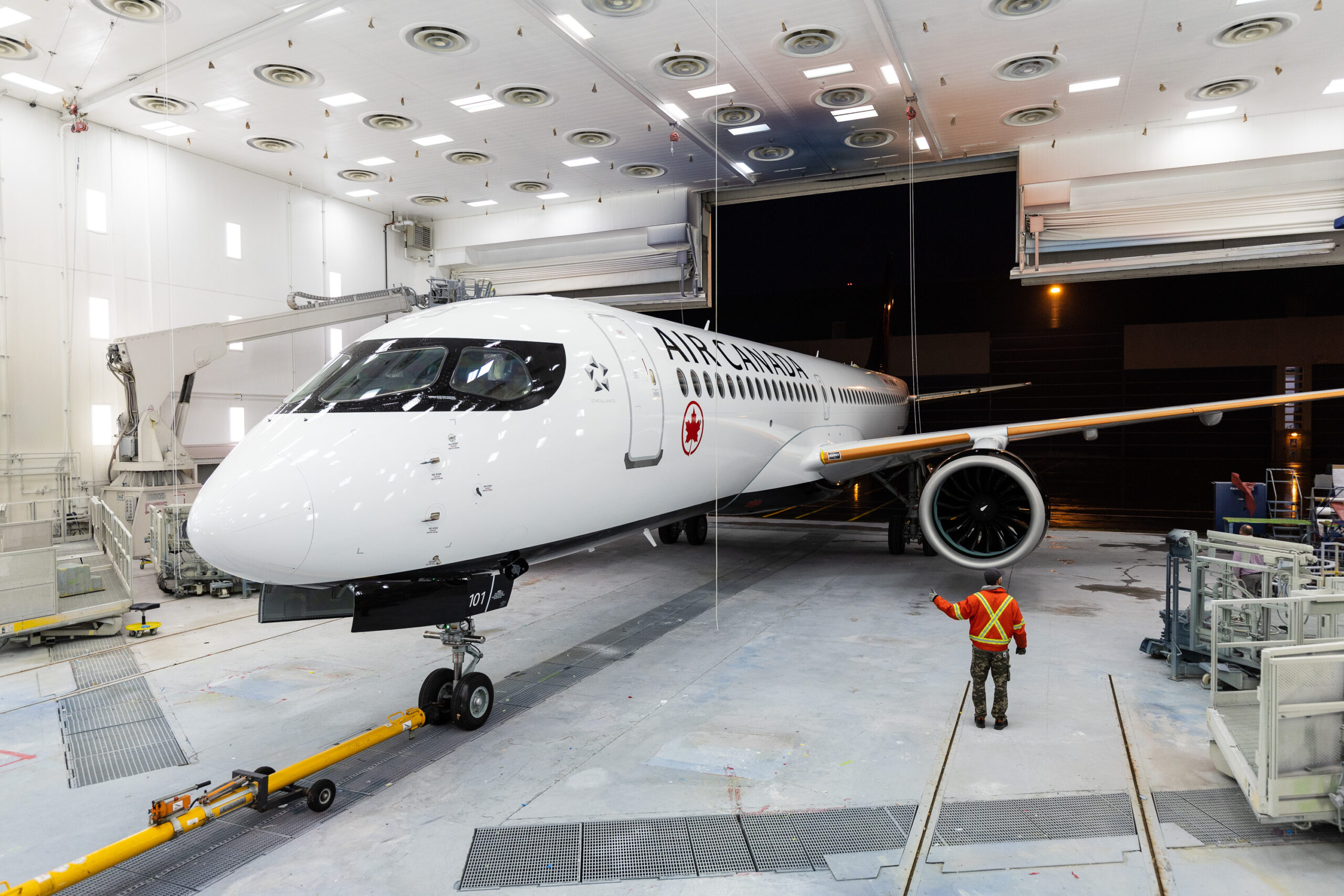
Photo: Courtesy of Airbus SAS
“To address ongoing labour uncertainty following strike notice by CUPE, Air Canada’s flight attendant union, a lockout notice was issued to CUPE today, effective August 16. We will begin implementing our contingency plan to gradually begin an orderly wind-down of operations,” said the airline.
The airline’s CEO, added, “With no reasonable prospect of reaching an agreement at this time, we cannot responsibly leave our respective customers, employees, and operations in daily uncertainty, under the indefinite risk of a CUPE work stoppage.”
Nine Months, No Breakthrough
Both parties said their months-long negotiations had reached an impasse in recent days. On Tuesday, Arielle Meloul-Wechsler, Air Canada’s executive vice president for labor relations, said the union and airline were “far apart on key issues.”
CUPE said Air Canada wasn’t willing to stay at the bargaining table and instead wanted to bring in outside arbitrators to resolve the dispute. The strike notice “was not made lightly, but it is necessary,” the union said.
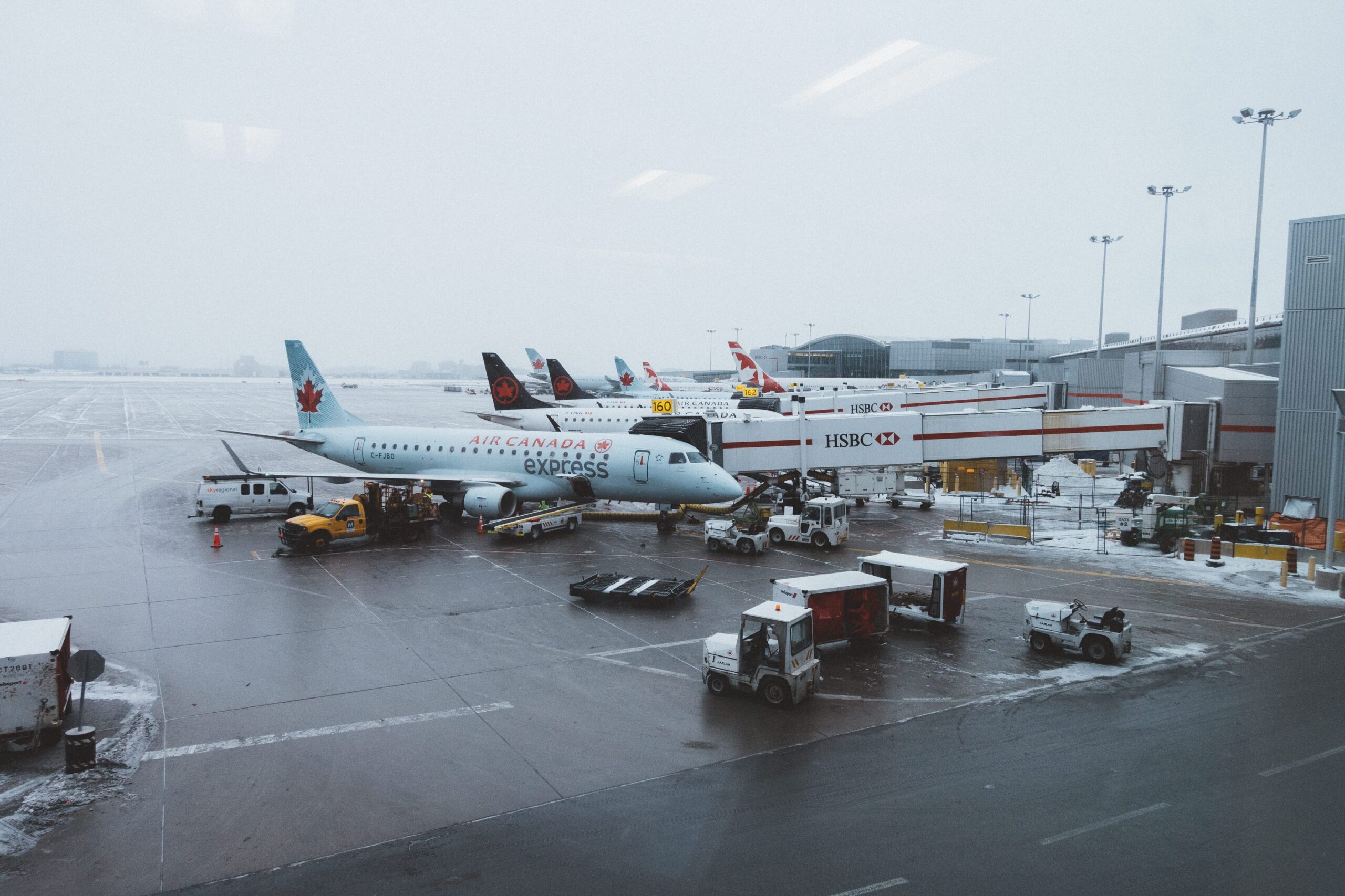
Photo: Air Canada Embraer E170. Courtesy of David Preston / Unsplash.
Wesley Lesosky, president of the Air Canada Component of CUPE, said in a statement: “After nine months of the company delaying at the bargaining table on the fundamental issues – unpaid work and poverty wages—the union asked for and received an unprecedented 99.7 percent strike mandate from its membership.”
Pay Dispute at the Heart of the Standoff
At issue is compensation. Air Canada says it has offered flight attendants a 38 percent increase in total compensation over four years, including a 25 percent raise in the first year.
CUPE has countered that the offer is “below inflation, below market value, below minimum wage – and still leaves flight attendants unpaid for all hours of work.”
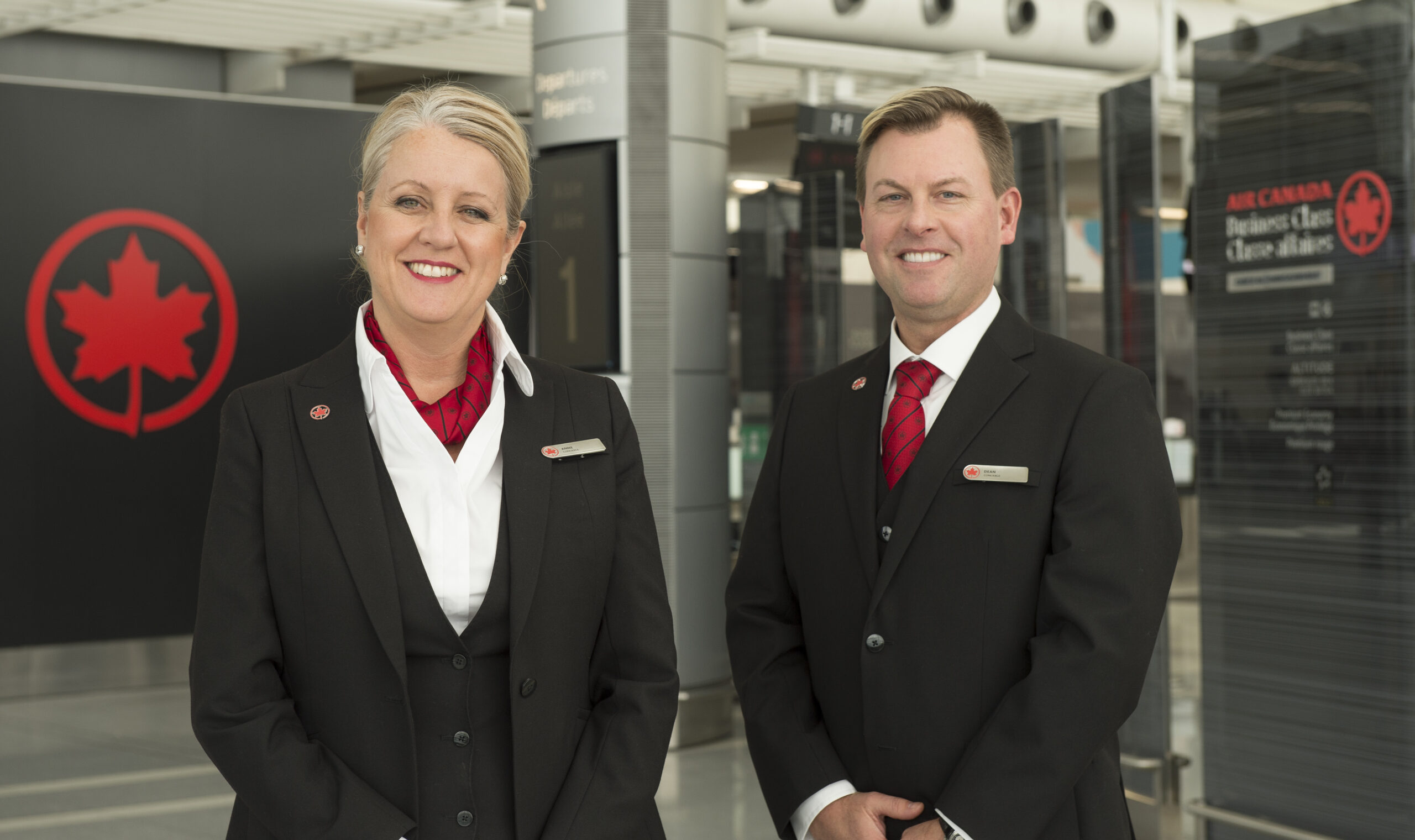
Photo: Courtesy of Air Canada
They’re calling for ground pay, compensation for duties performed before and after flights, including safety checks, boarding and deplaning, and preparing the cabin. Air Canada has offered to pay flight attendants for some of this work, but only at 50 percent of their hourly rate, the union said. The airline still isn’t offering compensation for the time flight attendants spend responding to safety and security events on the ground, CUPE added.
Air Canada has characterized the union’s demands as “exorbitant.“ The airline has requested that the Canadian federal government use its powers under labor law to order binding third-party arbitration to resolve the dispute.
What to Expect?
According to Air Passenger Rights, a Canadian nonprofit organization that educates passengers about their rights and how to enforce them, if Air Canada cancels your flight before a strike occurs, this is considered a preemptive cancellation and is within the airline’s control. In such cases, Air Canada is required to not only rebook you but also to provide meals and accommodation, as well as compensation of up to $1,000 per passenger.
The organization states, “An airline deciding to ‘preemptively’ cancel flights ahead of a strike or to lock out its own employees is making a business decision and is not required to do so for safety reasons.”
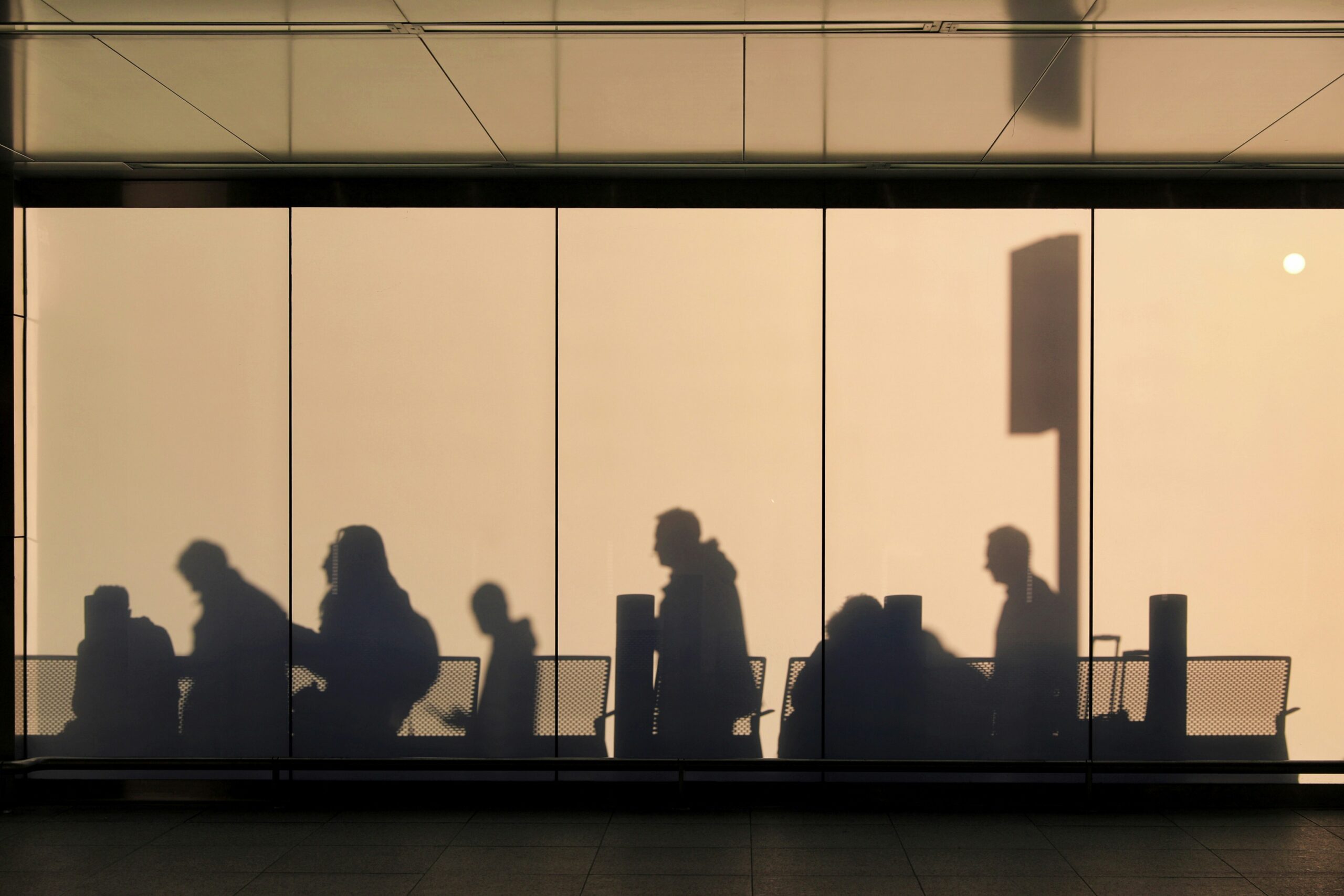
Photo: Courtesy of Yolanda Suen on Unsplash
Air Canada must always provide you with a choice between continuing your travel—along with assistance and compensation—or receiving a full refund and returning to your original point of departure.
“If Air Canada cancels your flight preemptively before a strike begins, or if the airline locks out its own employees, your rights will depend on your itinerary. However, Air Canada must always offer you a choice between these two options,” according to the organization.

